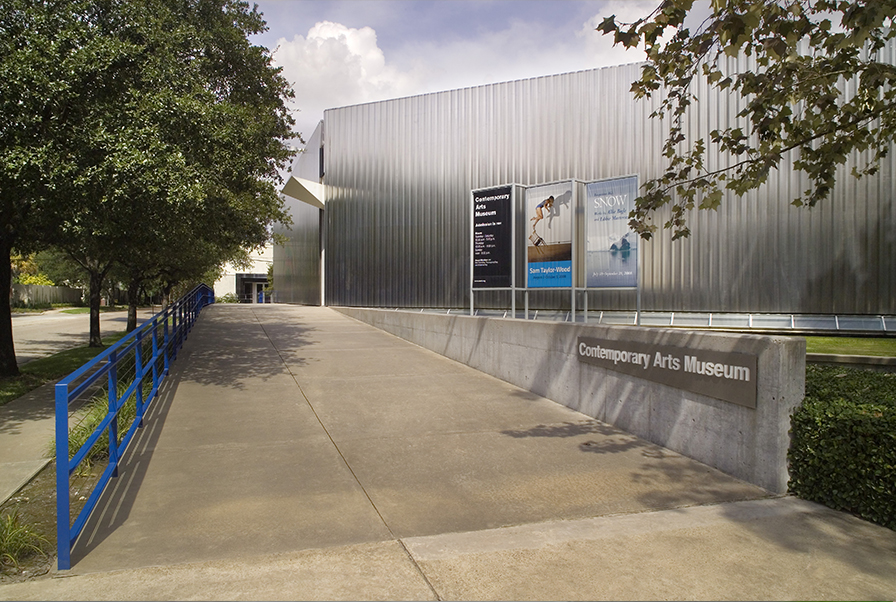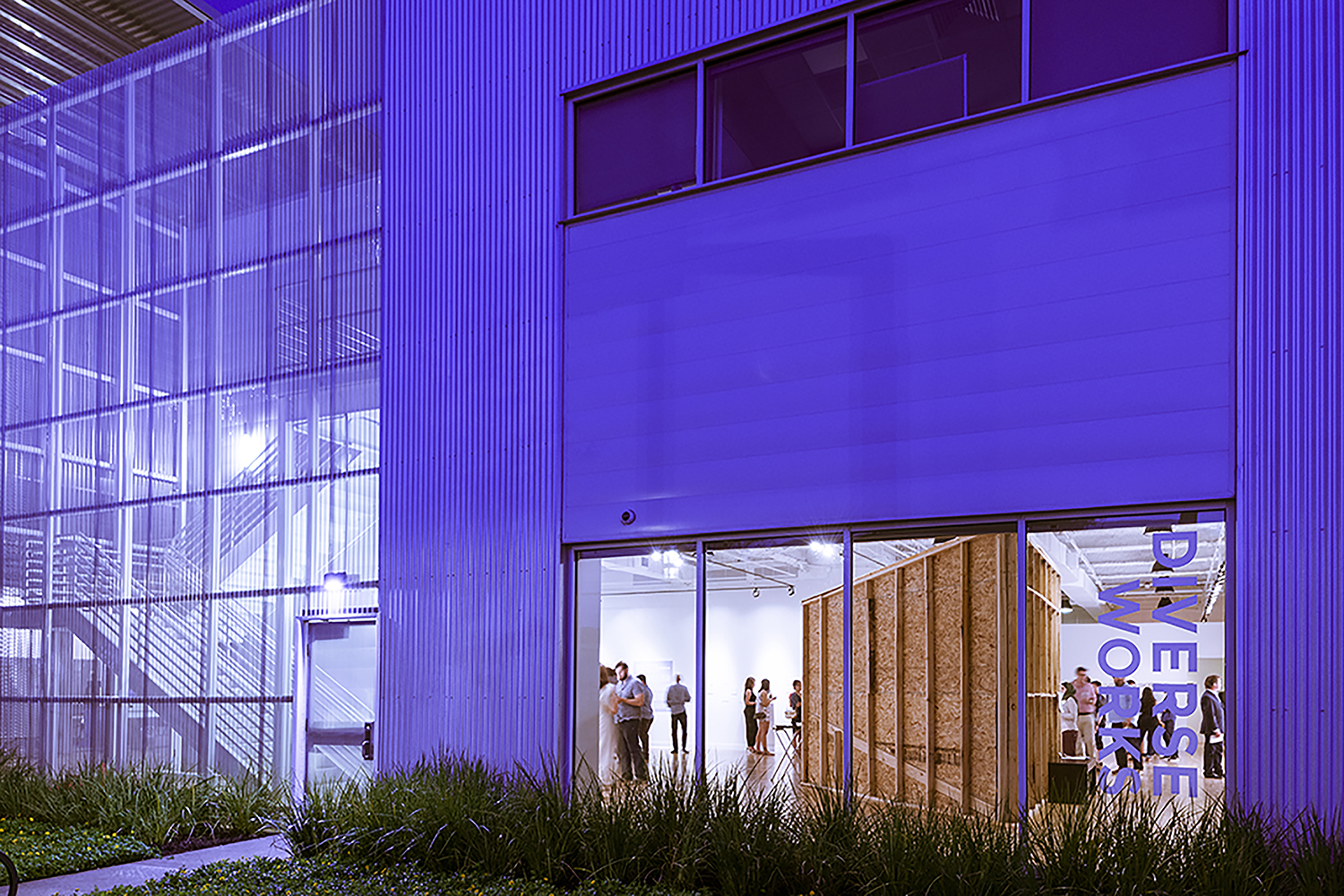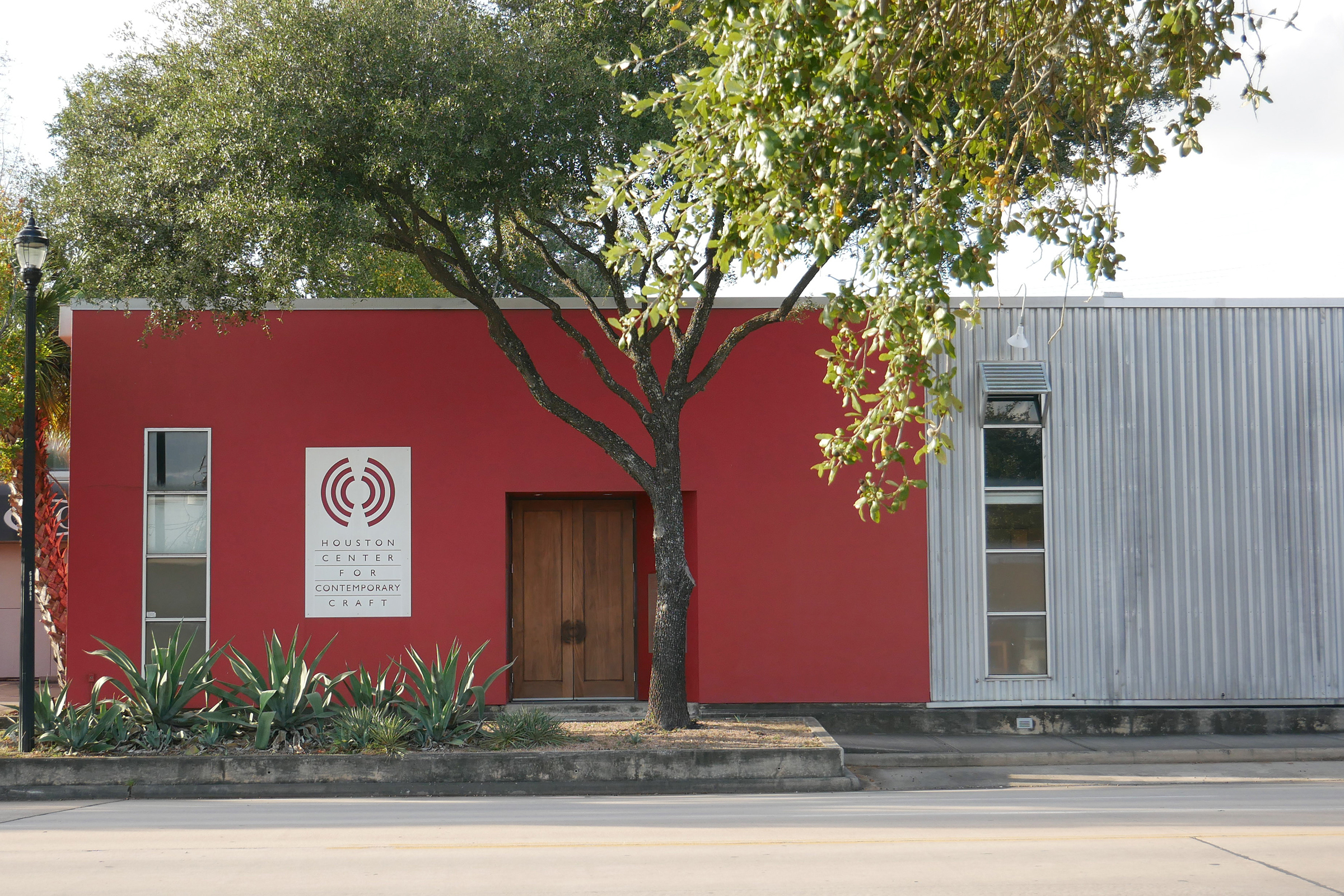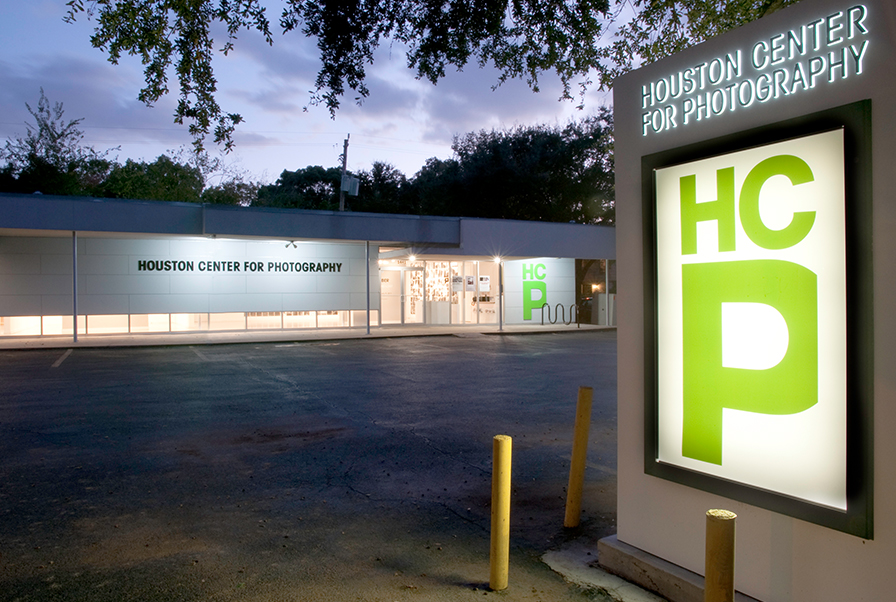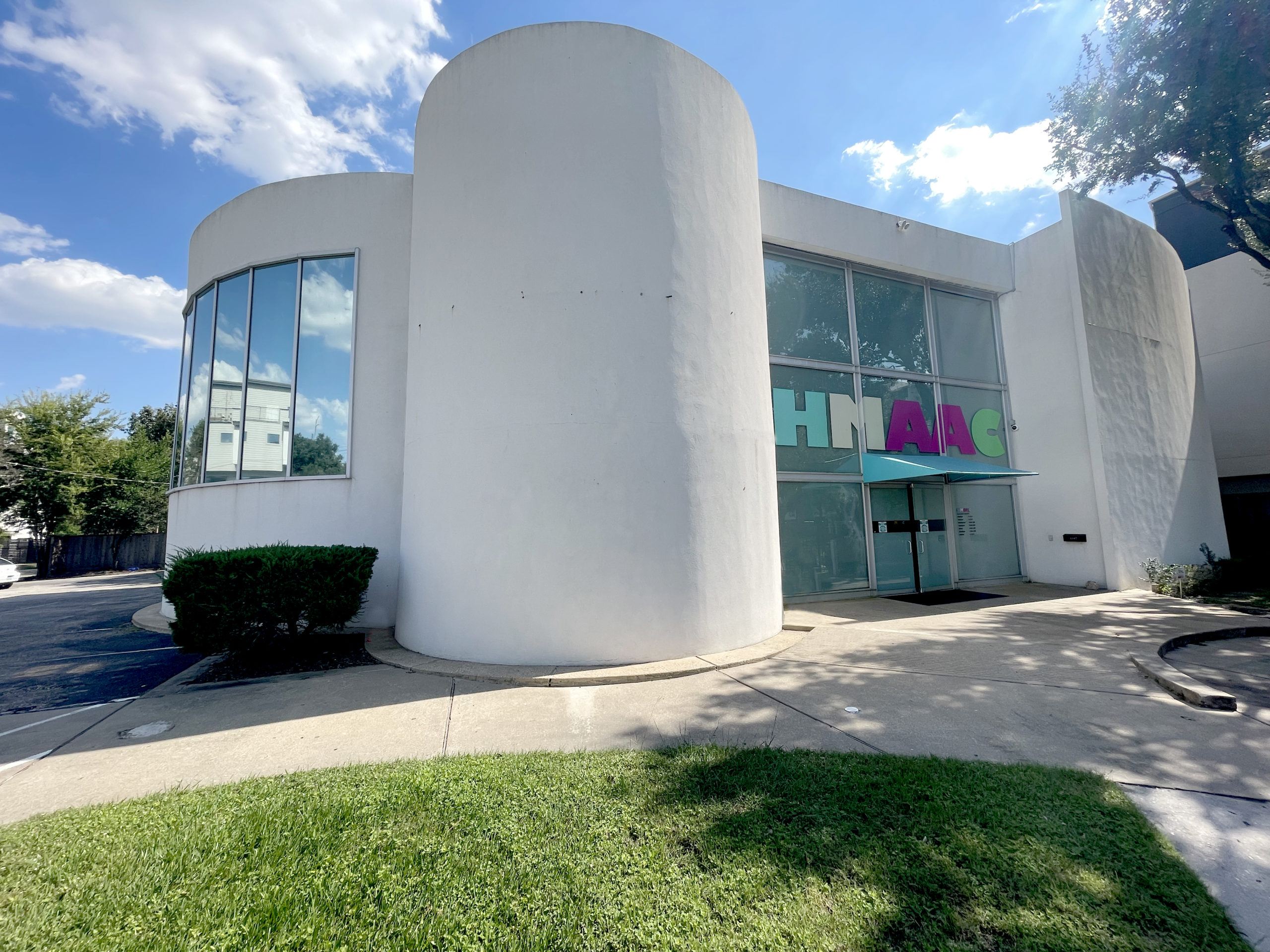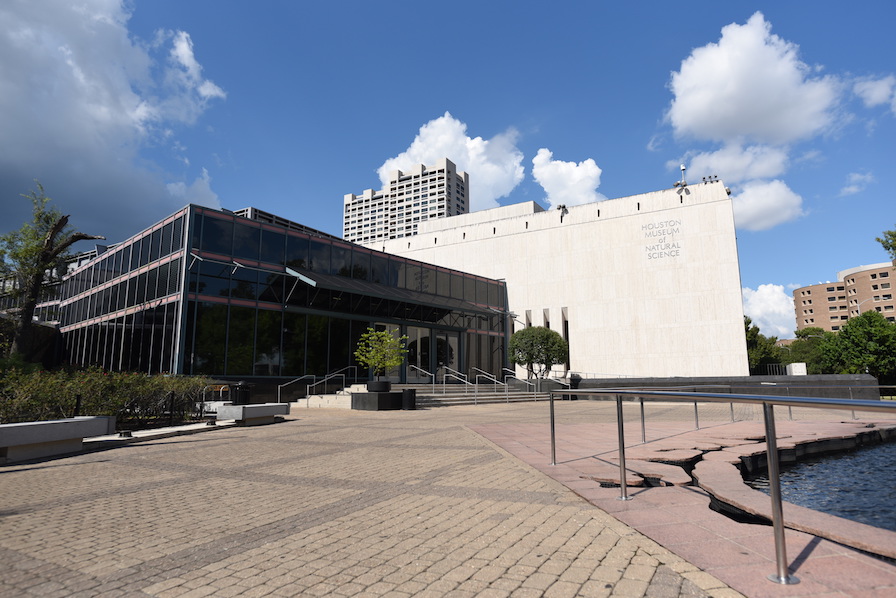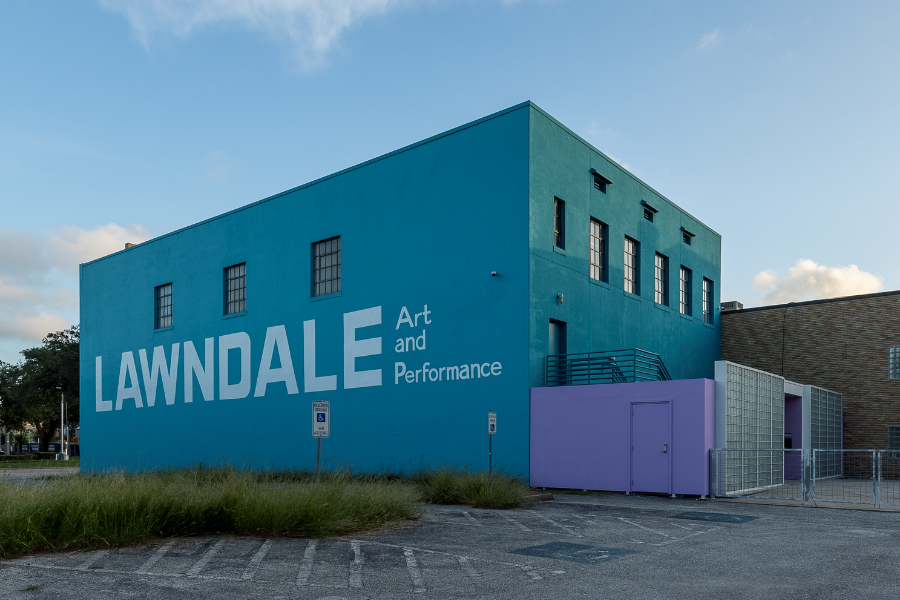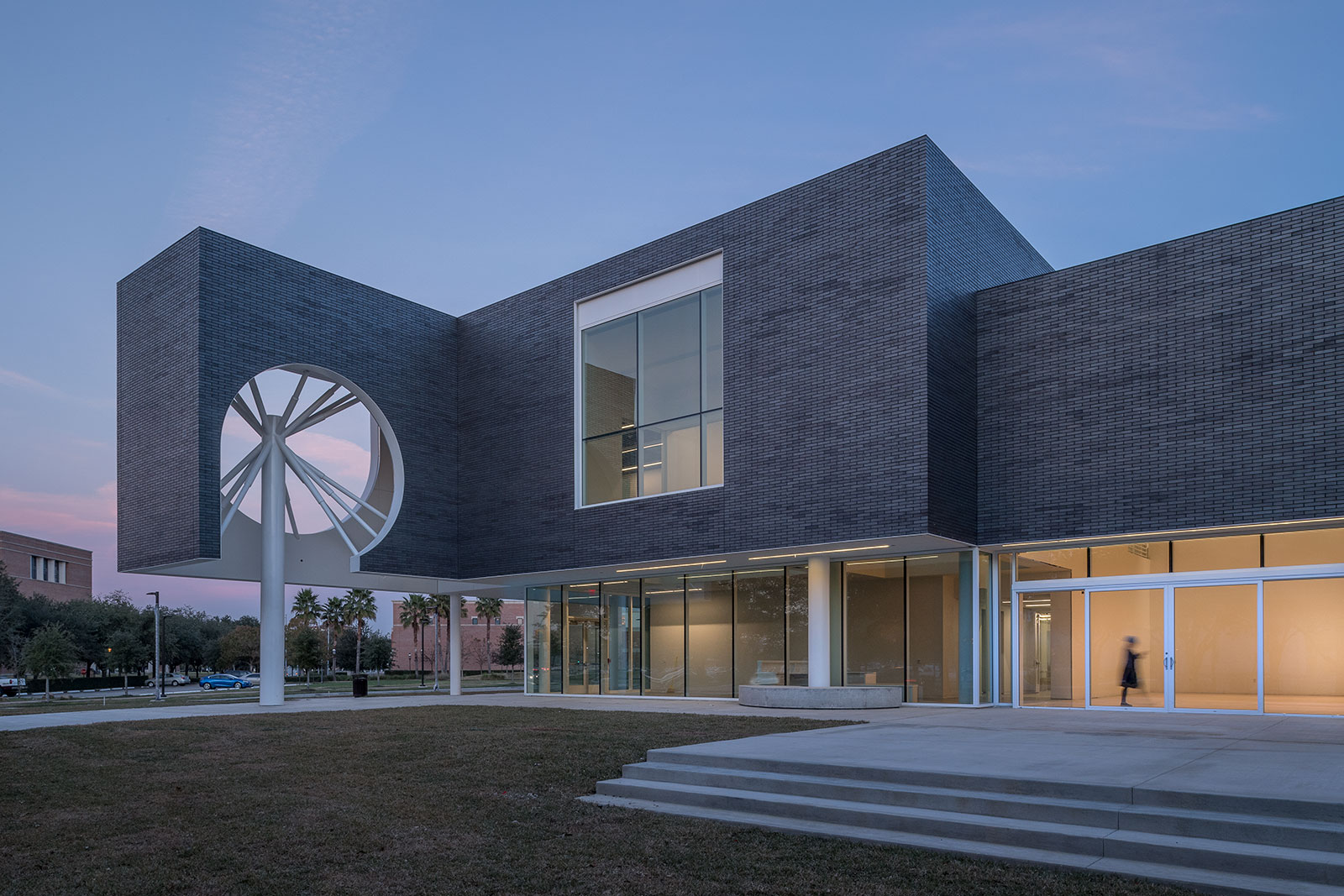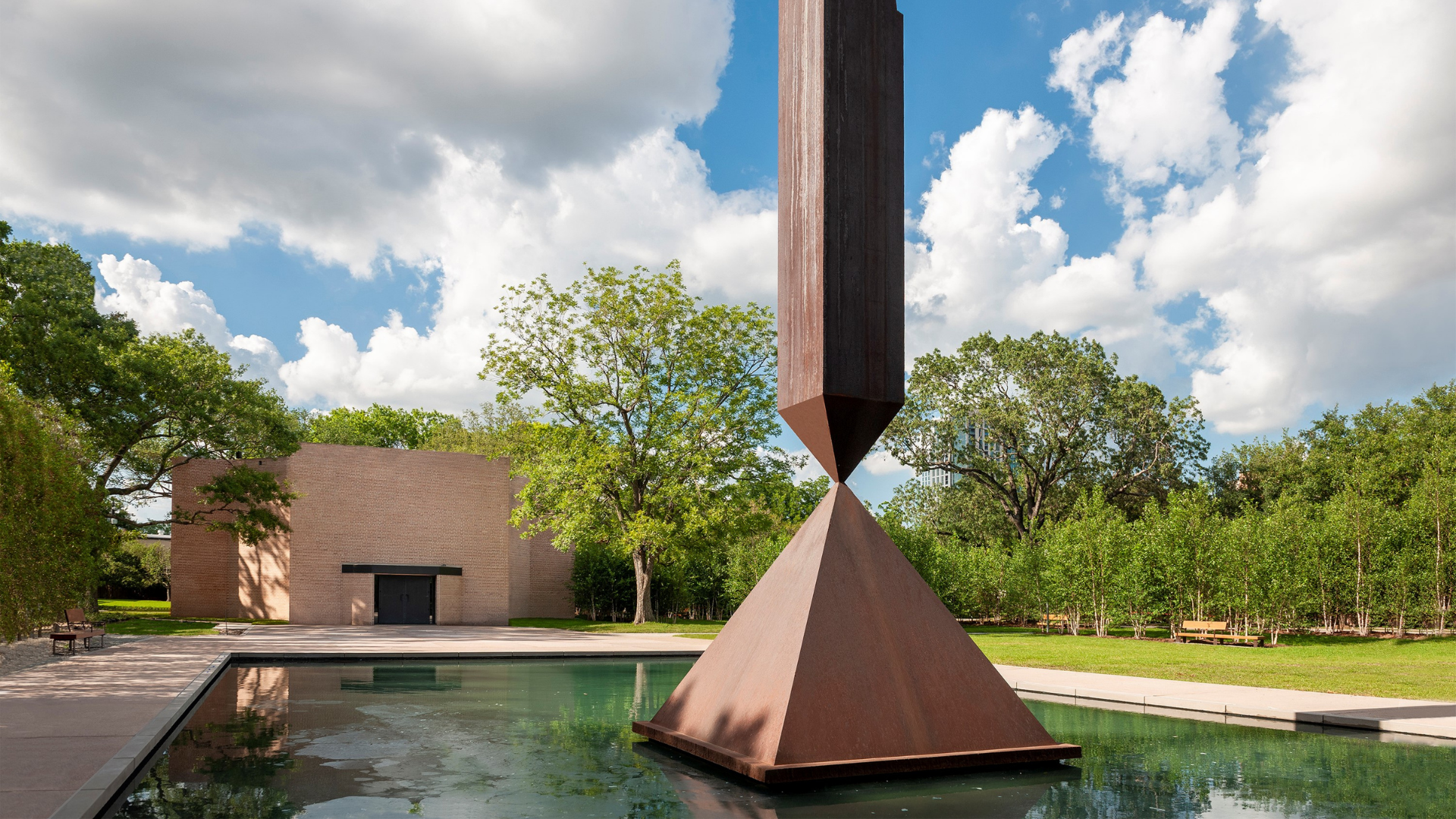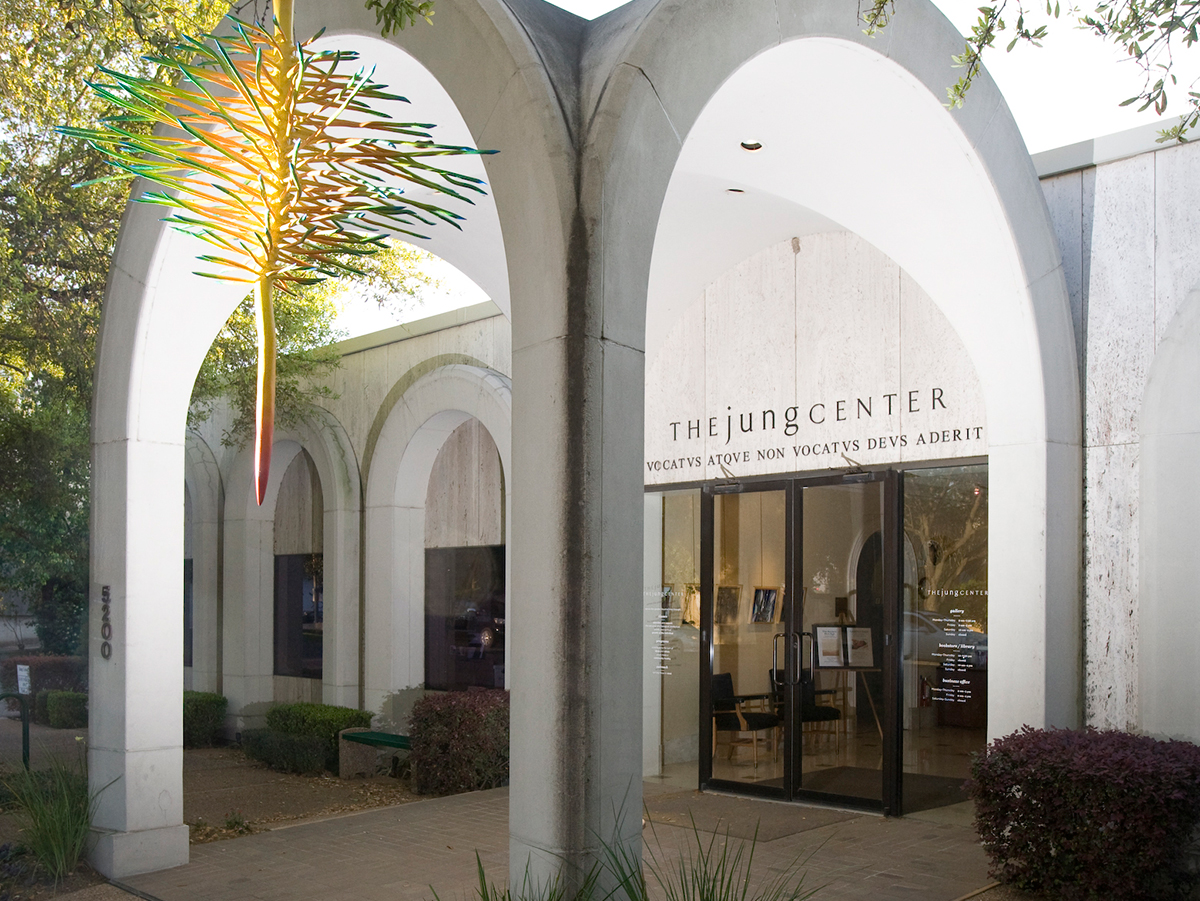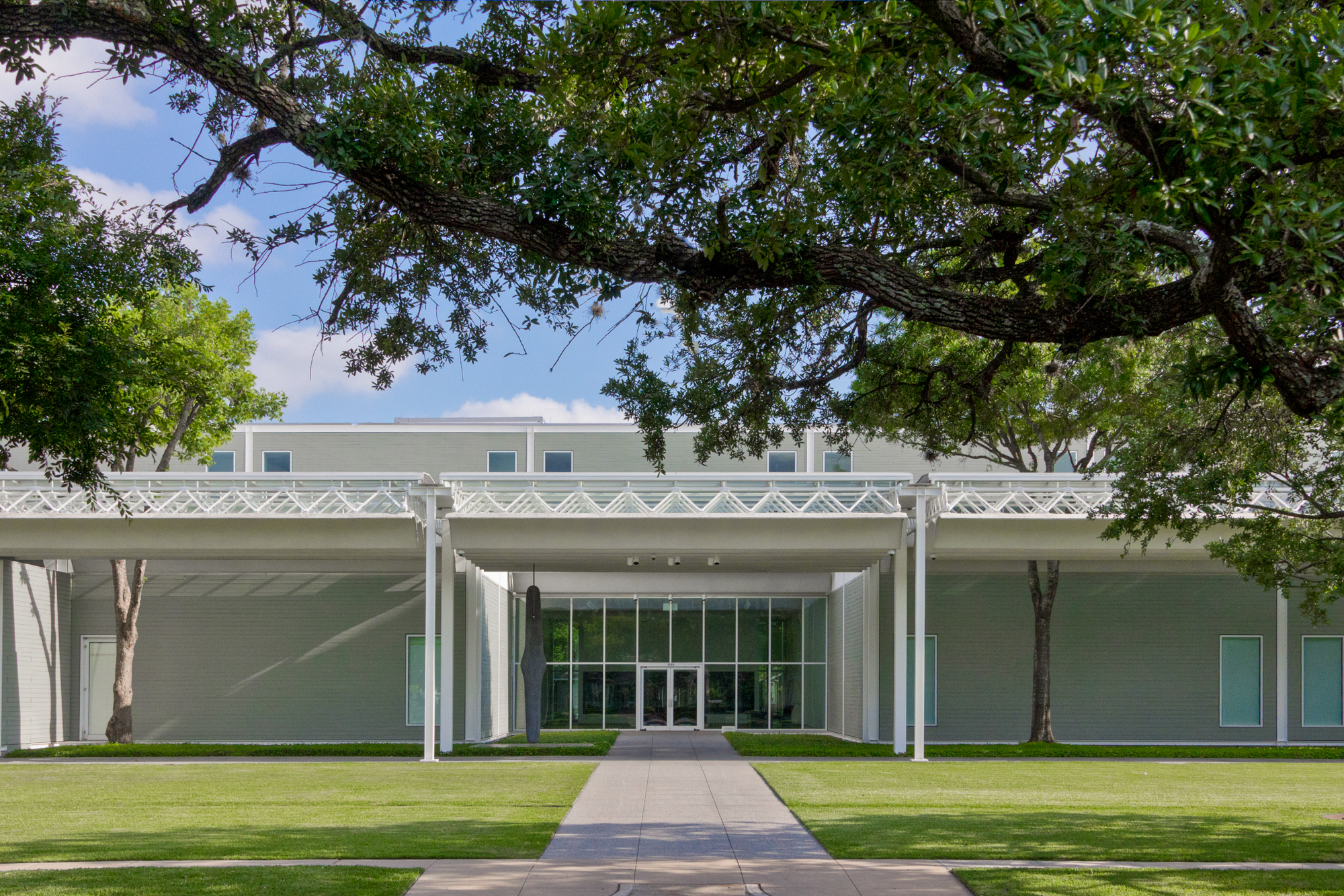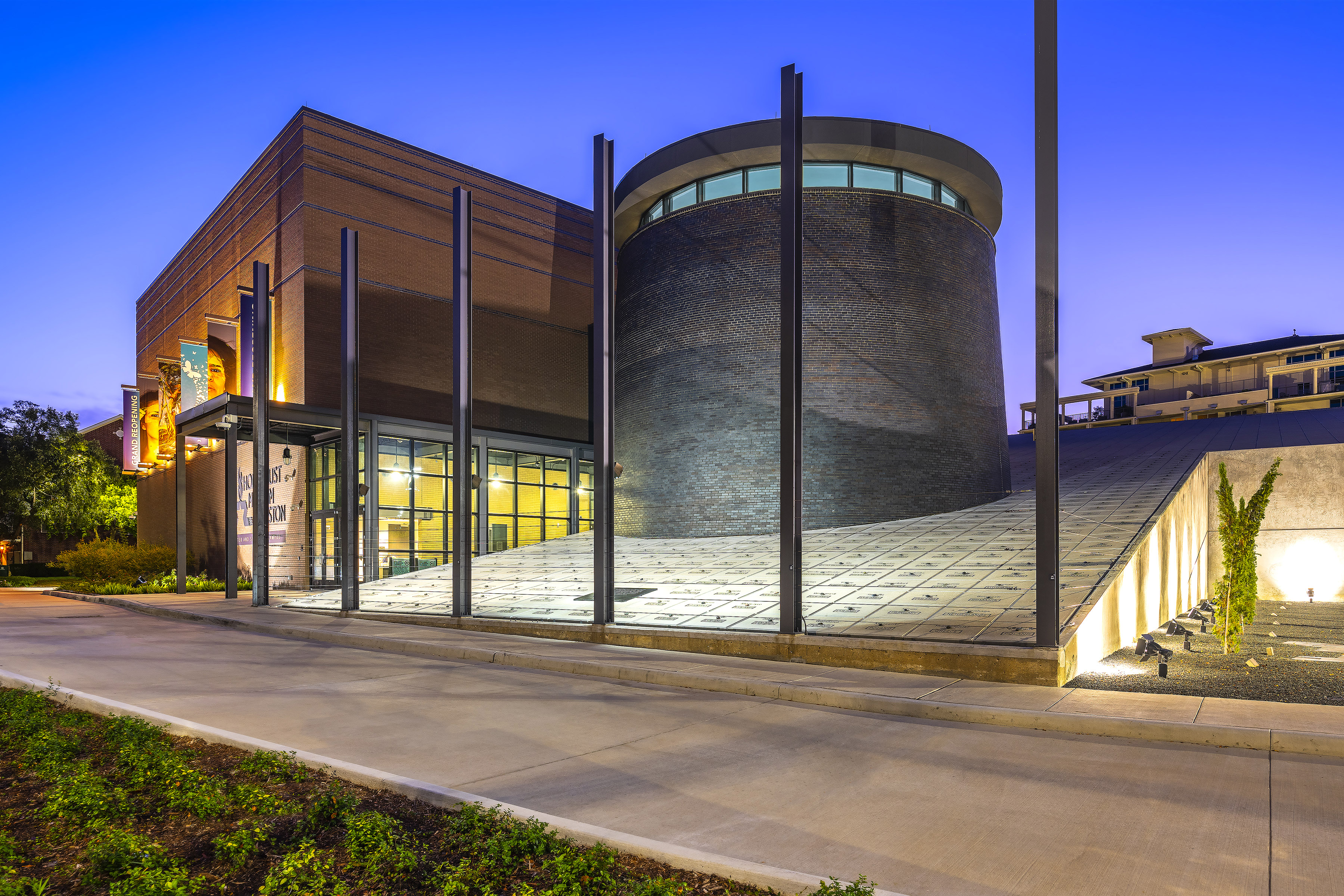
Friday, Apr. 3, 2020 – Thursday, Dec. 31, 2020
Boniuk Library is dedicated to serving the research needs of those studying the Holocaust, human rights and genocide. Due to the museum’s temporary closure in response to the ongoing situation with COVID-19, our ability to offer individualized research assistance is limited to email correspondence. While we are closed to the public response times may be slower than usual, so please allow up to two weeks for your request to be answered.
For reference questions, reading recommendations, assistance for educators, or additional questions we can be reached at [email protected].
Explore the library’s research guides below for information on some of our most commonly requested research topics.
RESEARCH GUIDES
Holocaust
Anti-Jewish Legislation
Genealogy
Holocaust Denial
Human Rights
Jewish Resistance
Kindertransport
Liberators
Minority Victims of the Holocaust
Online Resources
Propaganda
Righteous Gentiles and Rescuers
Youth Diaries
Genocide
Genocide Studies
Genocide in Armenia
Genocide of Indigenous Peoples
Rwandan Genocide
Syrian Refugees
Genocide in Darfur
Genocide in Bosnia
Genocide in Cambodia
Genocide in Guatemala
WHAT YOU CAN DO
Take Action
Visit www.endgenocide.org and click the "Take Action" tab to learn more about advocacy options you may choose to take on issues related to genocide.
Express Your Voice
Visit the Center for the Prevention of Genocide to learn more ways to express your views to local, national and international leaders. Educate your leaders about the need to stop the violence and protect the innocent.
RESEARCH DATABASES
The Library provides access to three Gale Archives Unbound research databases. Archives Unbound presents topically-focused digital collections of historical documents that support the research and study needs of scholars and students at the college and university level. These primary source materials can be used on site at the Boniuk Library.
AVAILABLE DATABASES
Testaments to the Holocaust. Documents and Rare Printed Materials from the Wiener Library, London
Testaments to the Holocaust is the online publication of the archives of the Wiener Library, London, the first archive to collect evidence of the Holocaust and the antisemitic activities of the German Nazi Party. It contains documentary evidence collected in several different programs: the eyewitness accounts which were collected before, during and after the Second World War, from people fleeing the Nazi oppression, a large collection of photographs of pre-war Jewish life, the activities of the Nazis, and the ghettoes and camps, a collection of postcards of synagogues in Germany and eastern Europe, most since destroyed, a unique collection of Nazi propaganda publications including a large collection of "educational" children’s’ books, and the card index of biographical details of prominent figures in Nazi Germany, many with portrait photographs. Pamphlets, bulletins and journals published by the Wiener Library to record and disseminate the research of the Institute are also included. 75 percent of the content is written in German.
SAFEHAVEN Reports on Nazi Looting of Occupied Countries and Assets in Neutral Countries
It was within the context of evidence collection that the War Crimes Branch received copies of documents known as "SAFEHAVEN Reports." SAFEHAVEN was the code name of a project of the Foreign Economic Administration, in cooperation with the State Department and the military services, to block the flow of German capital across neutral boundaries and to identify and observe all German overseas investments. In order to coordinate research and intelligence-sharing regarding SAFEHAVEN-related topics, the War Crimes Branch received SAFEHAVEN reports from various agencies of the U.S. Government, as well as SAFEHAVEN-related military attaché reports, regarding the clandestine transfer of German assets outside of Germany that could be used to rebuild the German war machine or the Nazi party after the war, as well as art looting and other acts that elicited the interest of Allied intelligence agencies during the war. Another aspect of the SAFEHAVEN project was the restoration of looted art treasures to their rightful owners.
U.S. Relations with the Vatican and the Holocaust, 1940-1950
Much has been published chronicling the role of Pope Pius XII regarding refugees, the Holocaust and relations with America during the war years and the immediate post-war period. This publication provides a wealth of unique correspondence, reports, and analyses, memos of conversations, and personal interviews exploring such themes U.S.-Vatican relations, Vatican’s role in World War II, Jewish refugees, Italian anti-Jewish laws during the papacy of Pius XII, and the pope’s personal knowledge of the treatment of European Jews.
HOURS & ADMISSION
-
Tuesday - Saturday, 10:00 am - 5:00 pm
Sunday, noon - 5:00 pm
The Museum is closed Mondays, except for Martin Luther King Jr. Day, Memorial Day and Labor Day. -
Members: Free Adults: $22 Seniors (age 65 and above): $16 AARP Members: $16 Active Duty Military: $16 Ages 0 – 18: Free
The Museum is free to all on Thursdays from 2 pm to 5 pm
PURCHASE TICKETS or hmh.org/tickets
If you have an international bank card, please purchase your tickets onsite at the Museum. We apologize for the inconvenience.
Admission is free on the following holidays:
- Veteran’s Day for active duty military and veterans
- Human Rights Day
- International Holocaust Remembrance Day
- Yom HaShoah
- Memorial Day through Labor Day for active duty military and their families
The Museum is closed on the following holidays:
- Rosh Hashanah
- Yom Kippur
- Thanksgiving
- Christmas Day
- New Year’s Day
- Easter Sunday
Directions & Parking
- Paid Parking
- Paid parking is available in the parking lot next to the Museum on the corner of Binz and Caroline St.
Events at Holocaust Museum Houston
Within Walking Distance
Join the Houston Museum District
Join our mailing list for sneak peeks to upcoming events and insider information on the best museum district in the world




